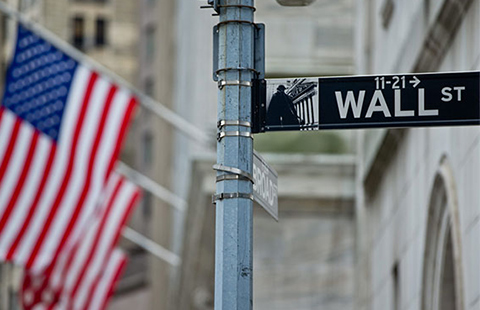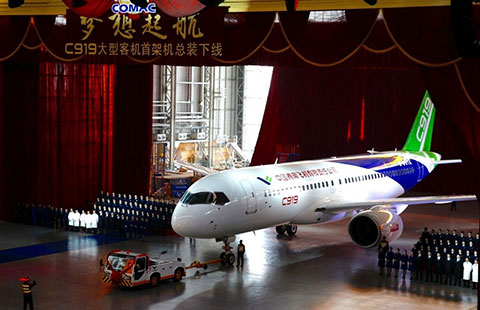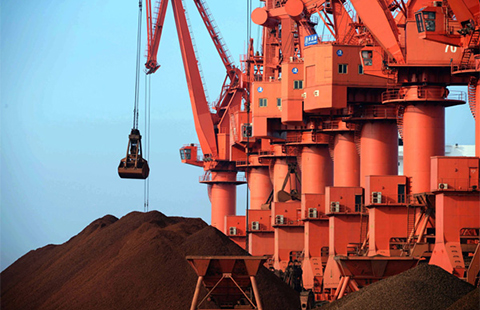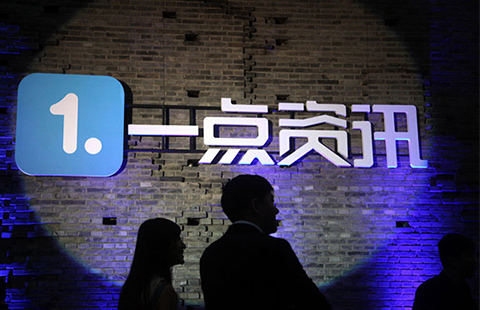Detentions give bourses the jitters
By Li Xiang (China Daily) Updated: 2015-11-04 09:31Equities declined marginally on Tuesday, on the lowest turnover in a month, as a widened government probe into alleged illegal activities continued to roil the country's financial sector.
The benchmark Shanghai Composite Index closed 0.25 percent down at 3316.7 points, swinging between gains and losses as investors continued to digest the aftershocks caused by the police detention on Monday of a star Chinese fund manager, Xu Xiang, for alleged insider trading and market manipulation.
On Tuesday, the president of the State-owned Agricultural Bank of China Ltd, Zhang Yun was also reported by Chinese media to be assisting the authorities with an investigation.
The Shenzhen Component Index that tracks shares of smaller companies declined 0.15 percent while the startup ChiNext Index fell 0.11 percent.
Combined trading turnover in the Shanghai and Shenzhen markets shrank significantly to 625.97 billion yuan ($98.82 billion), the lowest level in a month, indicating weaker market sentiment.
Stocks included in the investment portfolio of Xu continued to tumble.
Of those, China Seven Star Holdings Ltd, a Hong Kong-listed media management company, saw its share price plunge as much as 45.7 percent during intraday trading after it said in a public statement that it could not reach Xu.
Bucking the broader downward market trend, however, stocks in the agricultural sector and those associated with electric-vehicle development and the two-child policy, gained amid volatile trading.
Analysts said the market may continue to be weighted down by growing investor uncertainty sparked by the intensified government crackdown on illegal trading.
The Communist Party's Central Commission for Discipline Inspection, the country's top anti-graft agency, has launched a fresh round of inspections of possible misconduct and corruption into the country's major financial institutions, and the securities regulator.
"While the anti-corruption campaign in the financial sector is a positive factor for the stock market in the long run, it could reduce investors' risk preference in short term, as they take time to fully digest the impact," Zhu Bin, an analyst with Southwest Securities Co Ltd, wrote in a research note.
But some believed the rollout of more details of the country's 13th Five-Year Plan (2016-2020) may help continue the stock market's bullish run of recent months.
President Xi Jinping said on Tuesday that China's average growth rate in the next five years should not be lower than 6.5 percent in order to achieve the goal of doubling the gross domestic product and per capita income of urban and rural residents by 2020, from the 2010 level.
Zhang Xiaochun, an analyst at Guolian Securities Co Ltd, said: "The shrinking market turnover and recent volatile trading reflect a contest between the bulls and bears.
"While it is hard to predict which side will eventually win, the expectation of continued monetary easing by the policymakers, and the shortage of investable assets in the market will likely channel fresh capital back into equities."
- CNNC considers stake in Areva
- China's NetDragon completes Promethean acquisition
- Standard Chartered to cut 15,000 jobs, raise £3.3 billion
- Hong Kong's property sales drop 18% in October
- China's demographic transition
- Companies hope to get a boost from 'baby boom'
- S&P warns of surge in local government debt
- Agricultural Bank of China president taken away for investigation















